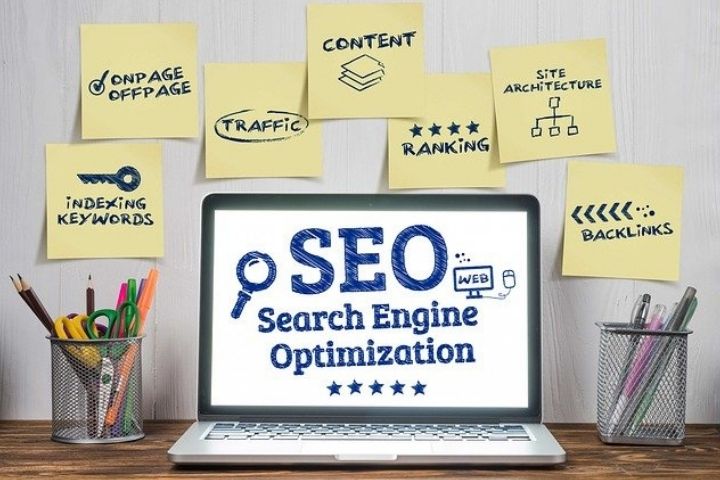In this article, we’re providing some useful information on SEO positioning.
Hello everyone, and welcome one more day to our blog. As you may already know, Digitally is an SEO positioning and marketing agency . Therefore, today we will talk about different tips to improve the SEO positioning of your website or online store in 2021.
Table of Contents
The Importance Of Core Web Vitals In 2021
Core Web Vitals is a new Google initiative to boost loading speed and a good user experience on websites around the world.
What Are The Signals That Google Is Going To Combine With Core Web Vitals?
- SSL Security Certificate Configuration
- Compatibility with mobile devices
- Secure browsing
- Non-intrusive interstitial guidelines. This set of signals will shape the so-called “Search signals for page experience” and will be incorporated into Google’s algorithm in the middle of this year (2021). Therefore, within our SEO strategies we must consider:
- How fast the page loads
- The time it takes to interact with the page.
- The stability of the page.
- Through the tool in Google Search Console for Webmasters we can access the report of these metrics.
Indexing Through Google Passages , Good For SEO Positioning
- Indexing our content through Google Passages is another of the bases of this year’s SEO strategies.
What Are Google Passages?
- Searches on very specific concepts may not be very accessible within pages on landing pages. Therefore, not only entire web pages will be indexed, but individual “passages” (fragments) of them.
- This will improve organic search queries by up to 7%.
- As part of a set of content SEO strategies , it will be very helpful to divide your content into specific sections . This will make it easier to rank on Google, even if the page is about a different or less relevant topic.
- From Digitally, experts in SEO positioning , we advise a hierarchical structuring of the headings to help the indexing of Google Passages.
Search Intent Oriented SEO Strategy
- The world of SEO is changing as fast as technology allows, and Google is constantly updating its algorithms.
- So much so, that the concept of “key word” or “keyword” has evolved to give way to the concept of search intention ( Search Intent ).
- Google’s algorithms are getting better and better, trying to deliver the best results and the most relevant content to users. Therefore, it is no longer enough to use keywords and let the rest of the content do the rest of the work.
- Recently, the results pages (SERPs) vary according to the intention that we have when conducting our search: we do not obtain the same results if we want to know which are the best ergonomic mice than if we want to buy those mice.
- If we Google “best ergonomic mice”, we get the following.
- Google understands that we are looking for information, so it shows us, first of all, articles related to our search. On the right, a couple of call options, knowing that we are unlikely to buy. If now we are looking to “buy ergonomic mice”:
SEO Strategies After The “Mobile First”
- We know that around 63% of online store traffic comes from smartphones, with a conversion rate of 0.62%, which differs greatly from the conversion rate on computers, with an average of 2.26%.
- How organic traffic is measured on mobile devices within Google Analytics and Search Console
- If we want to know what is organic traffic on smartphones, it is essential to create a segment of “organic mobile traffic” in Analytics. Knowing this information, we can analyze and compare the KPIs of the different sessions: average time of permanence, pages per session, the bounce rate and the conversion rate.
- With the Search Console you can also compare these KPIs by device.
- What to take into account to achieve a “Mobile First Indexing ” adaptation
- When adapting a website or online store to use and indexing adapted to smartphones, we cannot forget:
- Have a responsive design: all the elements of our website must be correctly adapted to all screen formats, that is, mobile phones and tablets with different resolutions.
- AMP version : “Accelerated Mobile Pages” or accelerated pages. It is a Google technology that allows most of the pages we visit to be stored in the cache memory of the search engine, so the loading of these is much faster.
- Dynamic HTML using a single URL : Also known as “dynamic publishing”, since the source code is different depending on the type of device.
Also Read : Big Data And Analytics, Two Key Points In The Digital Transformation
